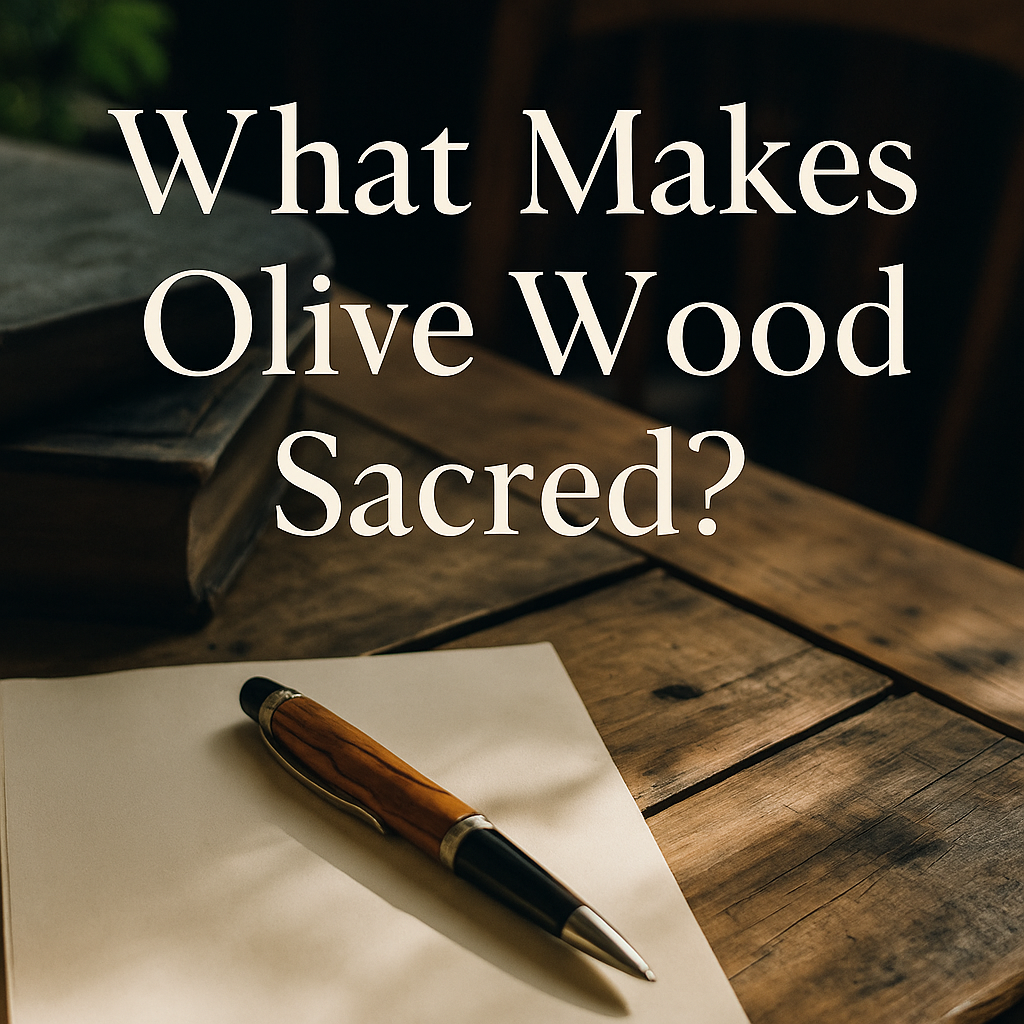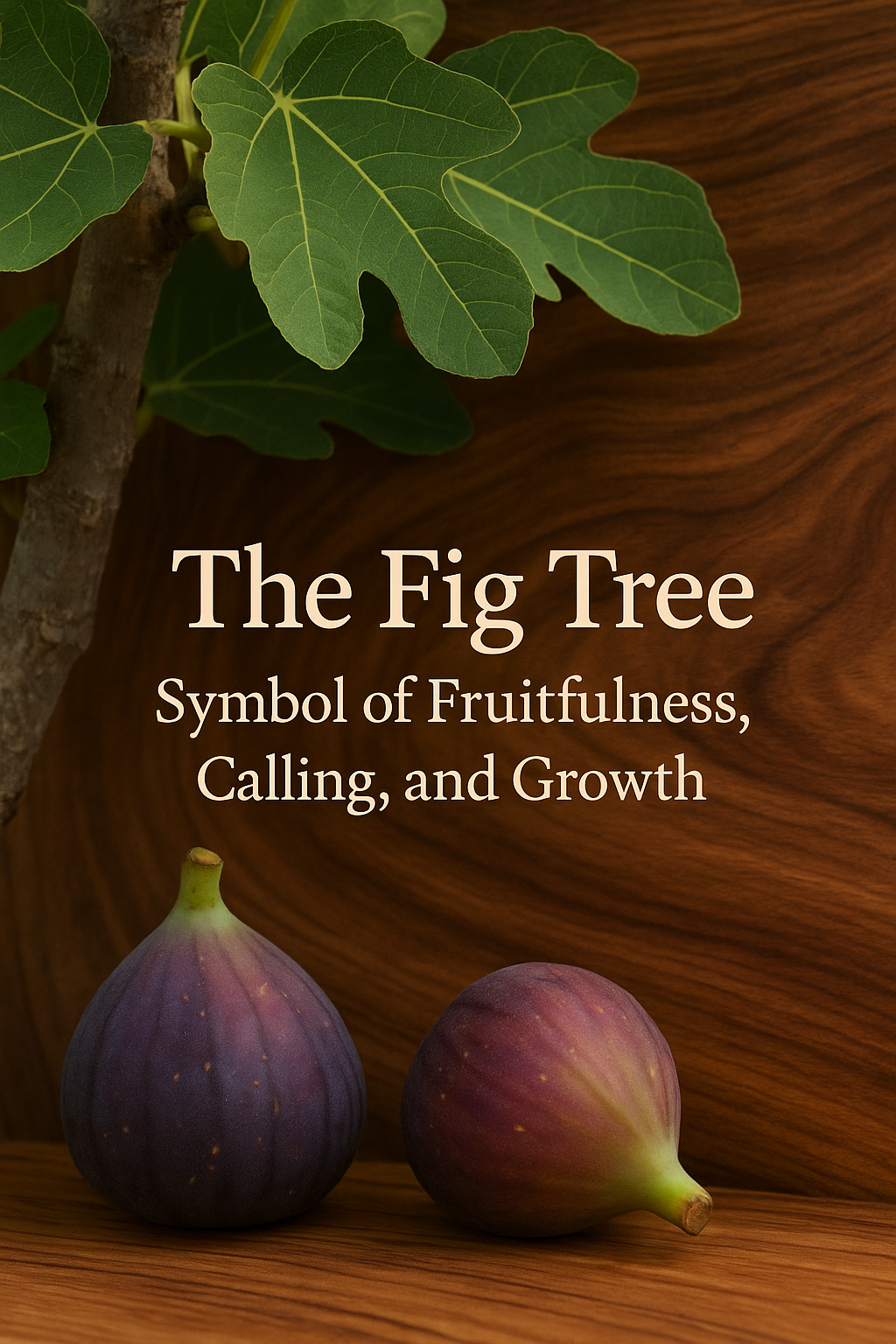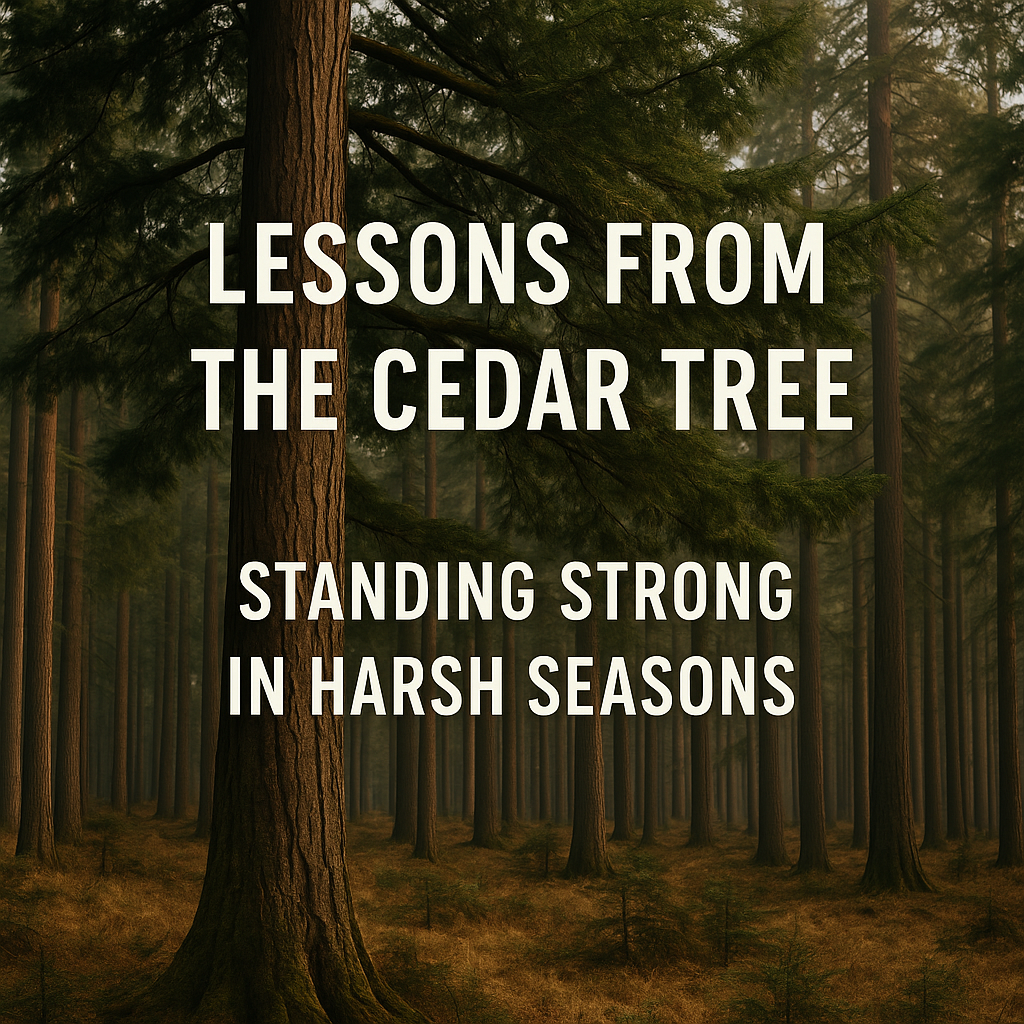There’s something special about standing in front of an olive tree.
It’s not loud.
It’s not flashy.
It doesn’t tower above the others like a proud oak or reach for the sky like a pine.
And yet… it carries a presence.
A quiet confidence born from surviving places where most trees simply give up.
If the trees of the Bible were a group of elders, the olive tree would sit at the head of the table — not because it demanded authority, but because everyone knew it already had it.
A Tree That Outlives Empires
Some olive trees in Israel are more than 1,500 years old.
Let that sink in.
Generations come and go.
Kingdoms rise and fall.
But the olive tree keeps growing — slow, steady, and stubborn in the best possible way.
It knows something about endurance that we don’t.
It’s as if God tucked a lesson into its roots and quietly whispered,
“Pay attention. This one teaches patience.”
Biblical Roots That Still Reach Us Today
From Genesis to Revelation, the olive tree is one of Scripture’s most consistent symbols.
It shows up in stories of judgment, peace, anointing, and provision.
When the floodwaters finally began to fall, it wasn’t a trumpet or a rainbow that first announced hope — it was a leaf.
“And the dove came in to him in the evening; and, lo, in her mouth was an olive leaf plucked off…”
— Genesis 8:11, KJV
One small leaf said:
“You’re not stuck anymore. God hasn’t forgotten you. There is land ahead.”
Sometimes the loudest promises come in the quietest packages.
A Source of Healing, Light, and Provision
In ancient Israel, olive oil wasn’t just a kitchen staple. It was life.
-
It burned in lamps
-
It preserved food
-
It healed wounds
-
It anointed kings and priests
-
It symbolized the presence of the Spirit
This is why the olive tree carries such weight — it represents provision that touches every part of life.
Physical, emotional, spiritual.
When David wrote Psalm 52, he used the olive tree to describe a righteous person:
“But I am like a green olive tree in the house of God:
I trust in the mercy of God for ever and ever.”
— Psalm 52:8, KJV
A green olive tree doesn’t wither in drought.
It doesn’t panic when the heat shows up.
It stays rooted and fruitful because its strength doesn’t come from circumstances — it comes from where it’s planted.
There’s a sermon in that all by itself.
Slow Growth, Deep Roots, Lasting Peace
If you’ve ever seen an olive tree up close, you’ll notice something:
It grows slowly.
Painfully slowly.
You can’t rush an olive tree any more than you can rush spiritual maturity.
But that slow growth gives it:
-
Resilient bark
-
Twisting, beautiful grain
-
A root system that grips the earth like it means it
-
Fruit that changes families and communities
You and I could learn a thing or two from that.
Our world chases instant results.
But the olive tree teaches us to embrace the long game.
Growth that lasts takes time that costs.
A Symbol of Peace That Stands Through Storms
The olive branch became the universal symbol of peace for a reason.
It represents reconciliation — not the fragile kind that depends on people being in a good mood — but the kind that roots itself in God’s mercy.
Peace isn’t the absence of storms.
Peace is the presence of God in the middle of them.
And if the olive tree could speak, I think it would remind us:
“You’re stronger than the season you’re in.
Stay rooted.
Stay steady.
Your fruit will come.”
Reflection Question
Where in your life do you need to grow like an olive tree—slow, steady, rooted, and full of quiet confidence that God is still working?






Leave a comment
This site is protected by hCaptcha and the hCaptcha Privacy Policy and Terms of Service apply.